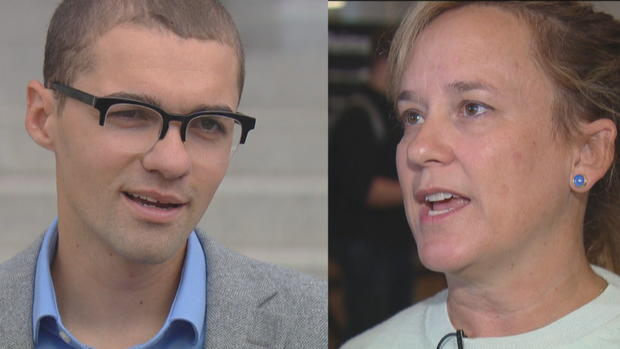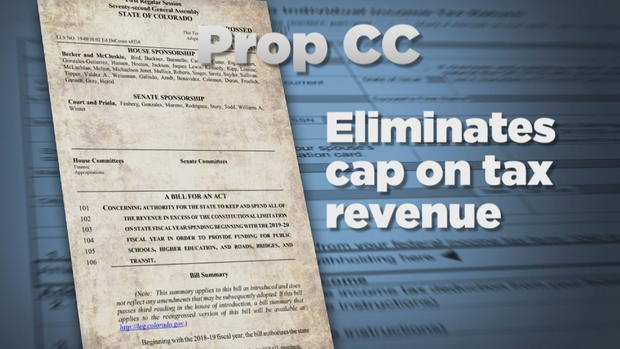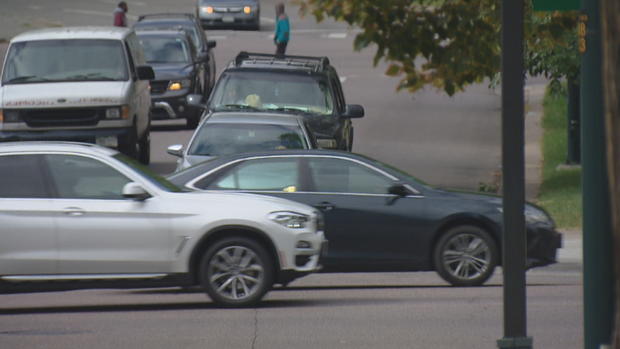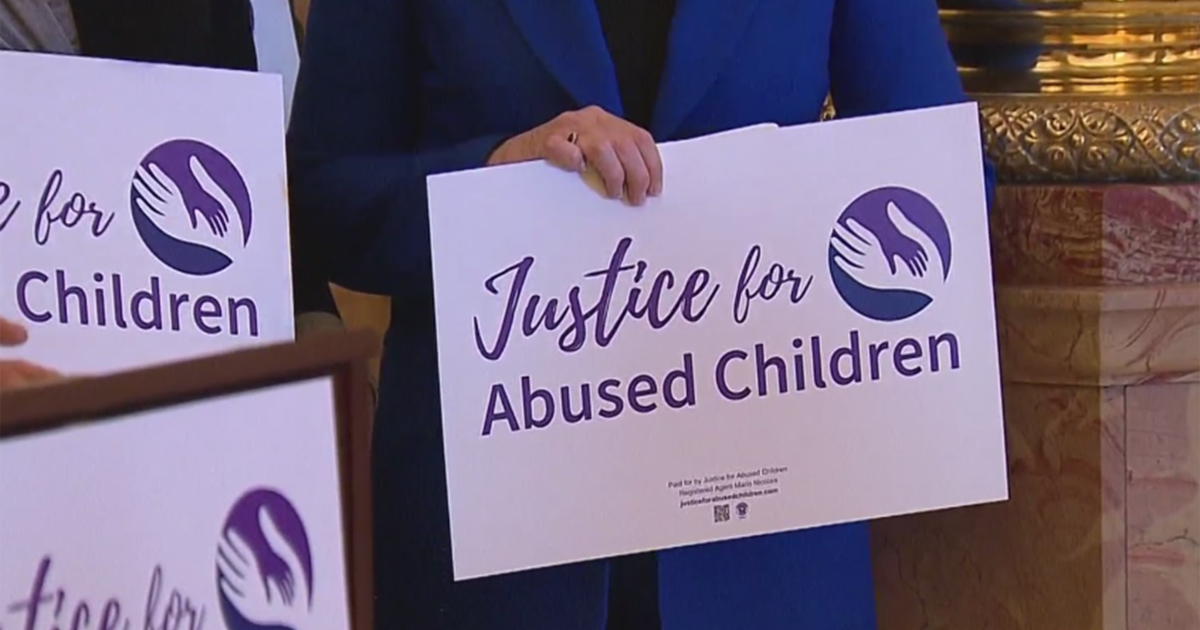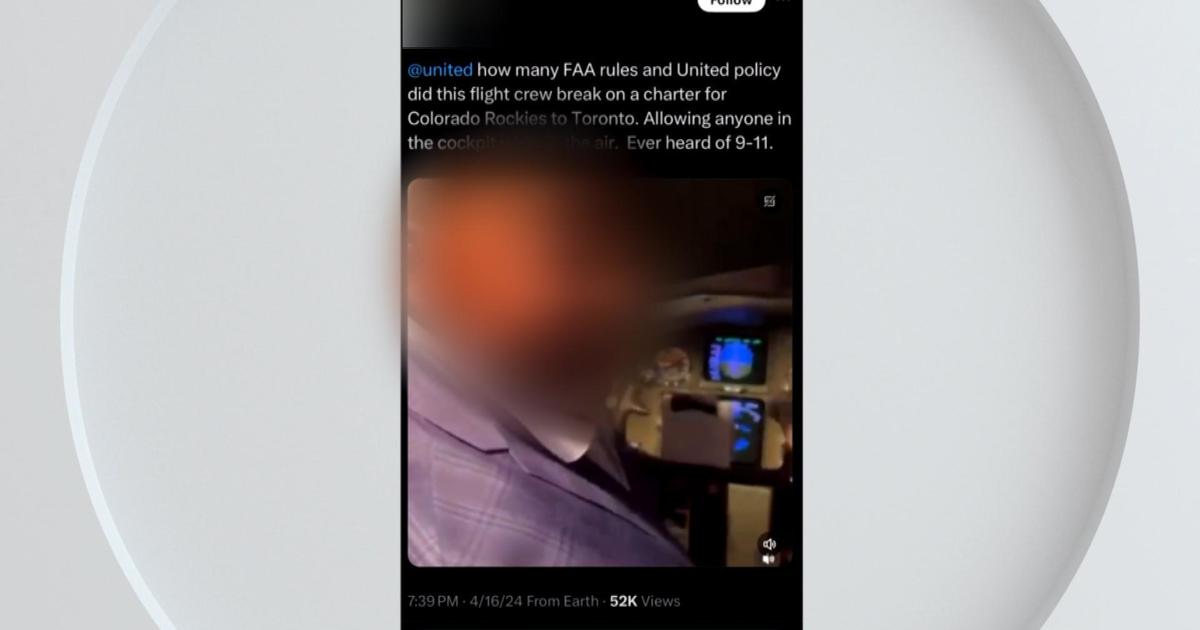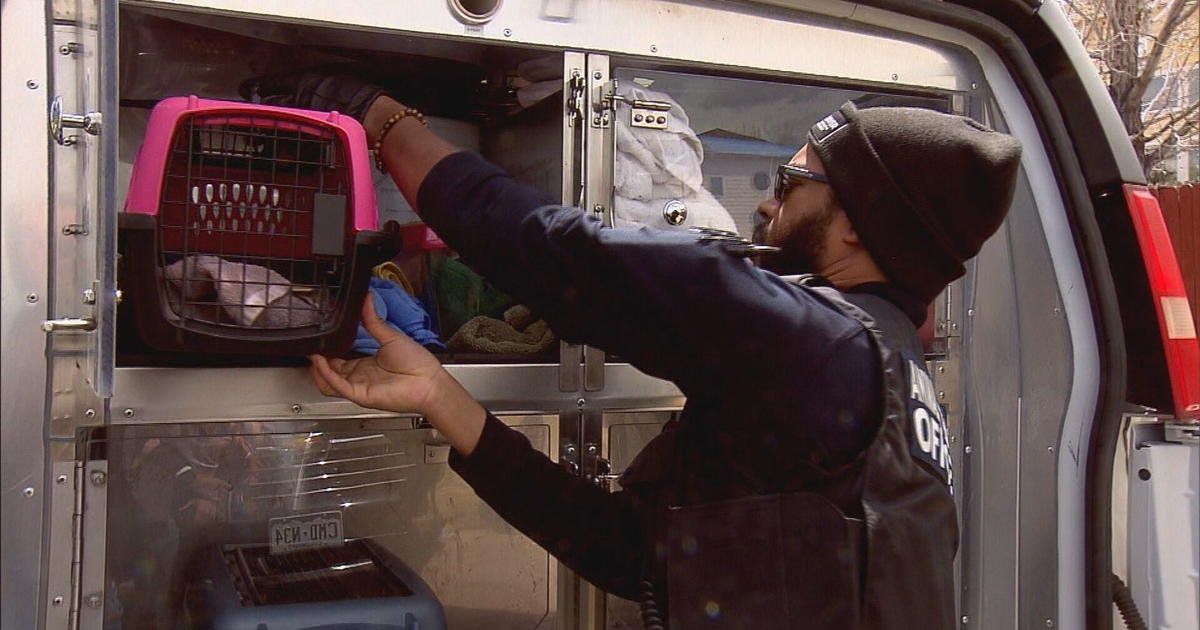Proposition CC: Is It A Tax Increase Or Not?
DENVER (CBS4) -- Twenty-seven years after voters approved the Taxpayer Bill of Rights, or TABOR, a ballot measure could dismantle part of it. While opponents and supporters of Proposition CC disagree on whether the ballot measure will raise taxes, they agree that much is at stake.
Democratic Speaker of the House KC Becker joined the "Yes on CC" campaign for a kick-off event Wednesday.
"We're not asking to raise taxes. We're saying the money you already send us, can we keep that and put it into roads and education?" Becker asked.
That is what the ballot measure says, but Michael Fields with the "No on CC" campaign says it's not what it does, "You ask a normal person if the government takes and keeps and spends more of your tax money, is that a tax increase or not? Your tax liability is going up with this."
Fields is right -- and so is Becker.
Here's what you need to know: Proposition CC eliminates a cap on how much tax money the state is allowed to keep. Under TABOR, anything over the cap now is refunded to taxpayers. Next year, individuals will get about $37 back. Couples will get about $75. If Proposition CC passes and the cap is eliminated, you'll still pay the same amount of money to the state. You just won't get any of it back. The ballot measure removes the cap - and potential for refunds - permanently.
"We have a state that has the best economy in nation and yet we aren't allowed to use the taxes that people are already sending us to make those investments," Becker lamented.
But Fields says lawmakers could make the investments with the money they already keep, "Our budget is growing by over a billion dollars every single year. We have a lot of money. They're not putting it toward teacher pay. They're not putting it toward long-term investment in roads. People want them to do those things before they give them more money."
The measure says the money retained will go to schools and roads for non-recurring expenditures, so it cannot be used, for example, to raise teacher base pay but it could be used for teacher bonuses. It also requires an annual audit.
Fields says there's no guarantee the money will go to education and transportation because state dollars are fungible -- and he says if the audit reveals problems, taxpayers would have to go back to the ballot to repeal the law because there's no sunset clause.
Representative Kevin Priola is the only Republican state lawmaker who voted for the bill that referred the question to the ballot.
"I've defended TABOR all my adult life... and part of the reason TABOR passed is it had the direct democracy component to go to voters and let them make the decisions... I want to make a rational economic decision to get out of traffic, to have better education for my kids, and I think this is that opportunity for the voters in November," Priola said.
